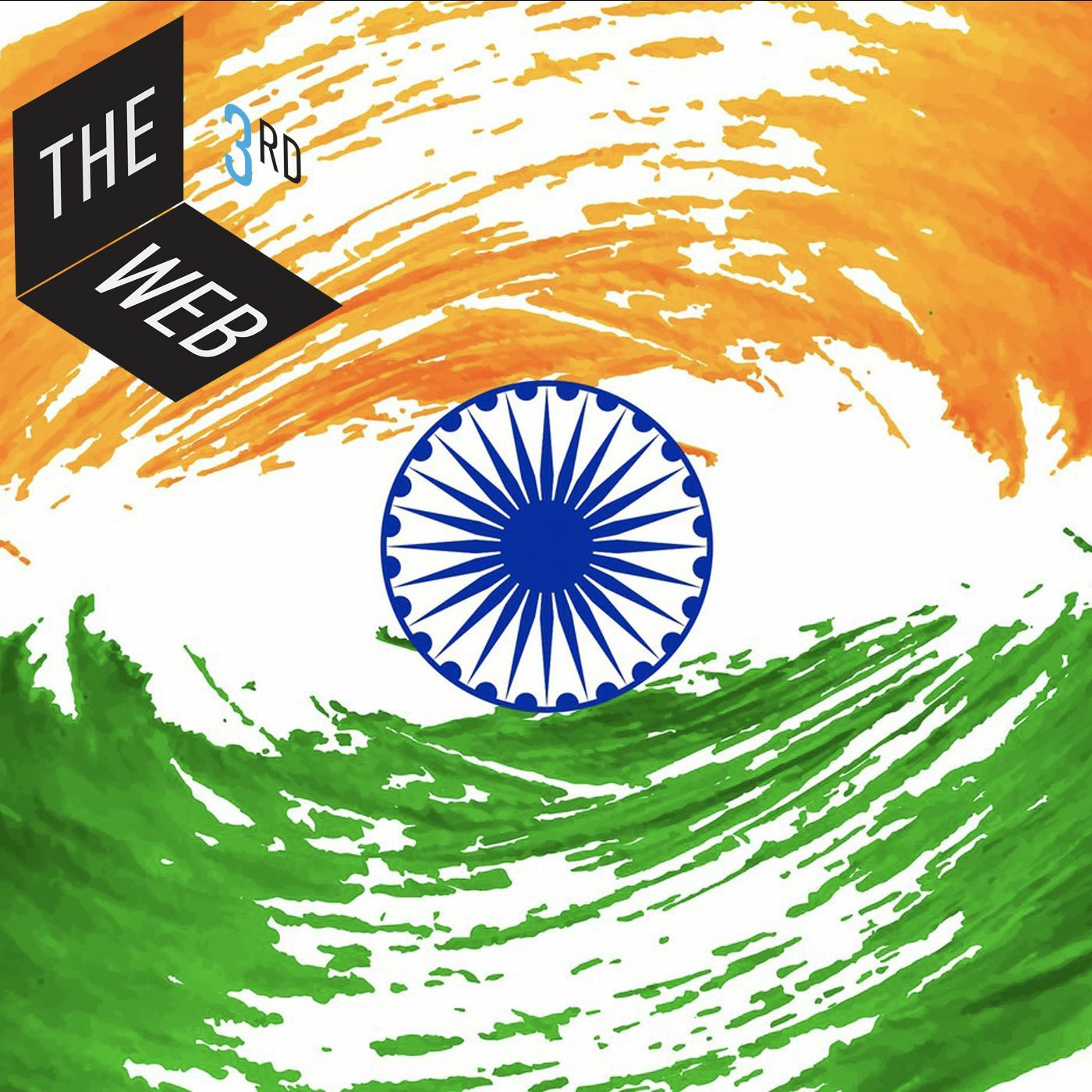- Technology
- SEE MORE
- classical
- general
- talk
- News
- Family
- Bürgerfunk
- pop
- Islam
- soul
- jazz
- Comedy
- humor
- wissenschaft
- opera
- baroque
- gesellschaft
- theater
- Local
- alternative
- electro
- rock
- rap
- lifestyle
- Music
- como
- RNE
- ballads
- greek
- Buddhism
- deportes
- christian
- piano
- djs
- Dance
- dutch
- flamenco
- social
- hope
- christian rock
- academia
- afrique
- Business
- musique
- ελληνική-μουσική
- religion
- World radio
- Zarzuela
- travel
- World
- NFL
- media
- Art
- public
- Sports
- Gospel
- st.
- baptist
- Leisure
- Kids & Family
- musical
- club
- Culture
- Health & Fitness
- True Crime
- Fiction
- children
- Society & Culture
- TV & Film
- gold
- kunst
- música
- gay
- Natural
- a
- francais
- bach
- economics
- kultur
- evangelical
- tech
- Opinion
- Government
- gaming
- College
- technik
- History
- Jesus
- Health
- movies
- radio
- services
- Church
- podcast
- Education
- international
- Transportation
- Other
- kids
- podcasts
- philadelphia
- Noticias
- love
- sport
- Salud
- film
- and
- 4chan
- Disco
- Stories
- fashion
- Arts
- interviews
- hardstyle
- entertainment
- humour
- medieval
- literature
- alma
- Cultura
- video
- TV
- Science
- en
The Third Web #10 - An Emerging India

Recently I visited India representing the DFINITY Foundation. The trip was supported by upstart venture production and consulting group, Dunya Labs, and advocacy group, InCrypt. Those ten days altered my understanding of the way technology manifests products and the driving role the needs of high growth nations will have in defining the digital landscape of tomorrow.\n\nIn this episode, I\u2019m joined by co-founder of Dunya Labs, Cathy Guo, and co-founders of InCrypt, Nitin Sharma & Sumukh Shetty. We examine the Indian startup, business and regulatory environments. We also look at the growth of telecommunications infrastructure alongside macro demographic trends and the unique business conditions they create. \n\nhttps://www.incrypt.co/\nhttps://www.dunyalabs.io/\n\nIncrypt\nInvestment, community building, and policy research and advocacy \nHas produced study and guidence on regulation\n\nDunya Labs\n Research Arm\nProduct specific research\nInfrastructiure team connecting applications to protocols\nCommunity and incubatioon\n\nCathy\u2019s Book\nEntrepreneurial philosophy\nCorporate responsibility\nEmerging tech landscape in India\nEmerging startup ecosystem\nThe way that Indian startups create social and economic value \n\nHow do you see blockchain technology beign deployed in india?\nLow trust, high administrative friction in india\nMiddlemen are a big problem\nDesire for transparency and automation\nMore data is moved through Indian infrastructure than the US\nBeginning with banks and private ledgers\nSupplychain, etc. basic pilots that we are used to seeing in the first phase of blockchain experimentation\nNext step is public blockchain\nThis is limited by the regulatory environment\nLook at india for talent, users & capital\n\nThe 4g Rollout\nIndia is experiencing a leap frog effect for technology rollout \n\nTech companies\nIndian tech companies are moving from a service based model through a period of optimizing external business models for the indian market to a native innovation model where they will begin exporting technology\nThere are 18 tech companies valued at over USD1b \nIt is important not to overestimate the Indian consumer base\nThere is limited local market protectionism\nThere may be 1.3 billion people but the number of consumers of tech products may be 30-50 million\nUsers can\u2019t pay the way that they can in China or the US\nCompanies survive by being very lean\nTalent is cheaper\nThis makes it a good place to launch\nDeep tech is still limited\nNeed funding and educational support\nIf we compare the indian market to where it was 10 years ago you see 10 - 100x growth but it is still an order of magnitude lower than china/us\nThere is a huge impact in reducing fees on increassing addressible market\nAlmost 50% of indians are under 30\nLittle legacy infrastructure but high web and mobile penetration\n3 million software developers in india with a 50-70% increase in graduates yoy \n\nLegacy\nPrimacy of agriculture\nFear of automation (computers)\nThis has changed\n\nWhat are the business models that will drive the next generation of Indian unicorns\nMany current unicorns are already expanding overseas\nEnterprised focussed, or SaaS companies can be based in india and address markets abroad - Zoho, Freshworks\nA new crop of SaaS companies are emerging with that model\nThis allows the targeting of specific niches because of the lower cost of talent\nMany blockchain projects fit this model\n\nEngineering Education\nTheoretical\nLack of innovation focus\nDesiged to pass you on to a services company\nMOOCs and open source are enabling autodidacts and hackers to innovate \nTertiary education is of variable quality \nBrain drain is a major problem\n\nRegulation\n\n\n\nBit Connect took USD3b equiv from India\n \nhttps://factordaily.com/walmart-turns-to-flipkart-for-tech/\n\nhttps://www.dunyalabs.io/\nhttps://www.incrypt.co/